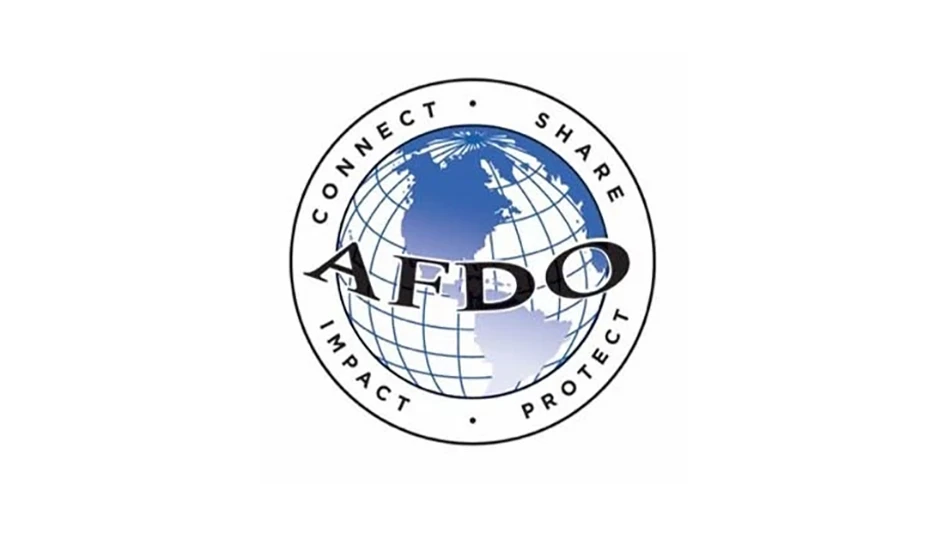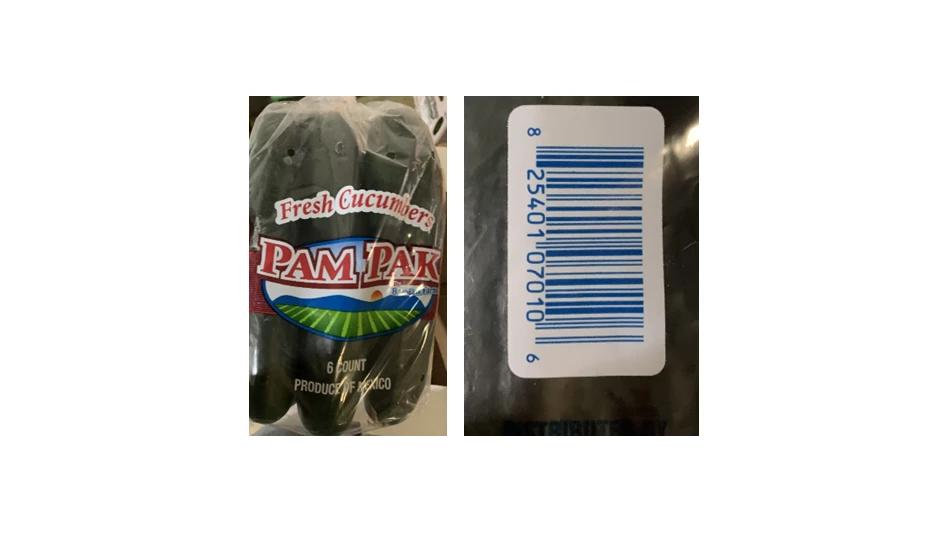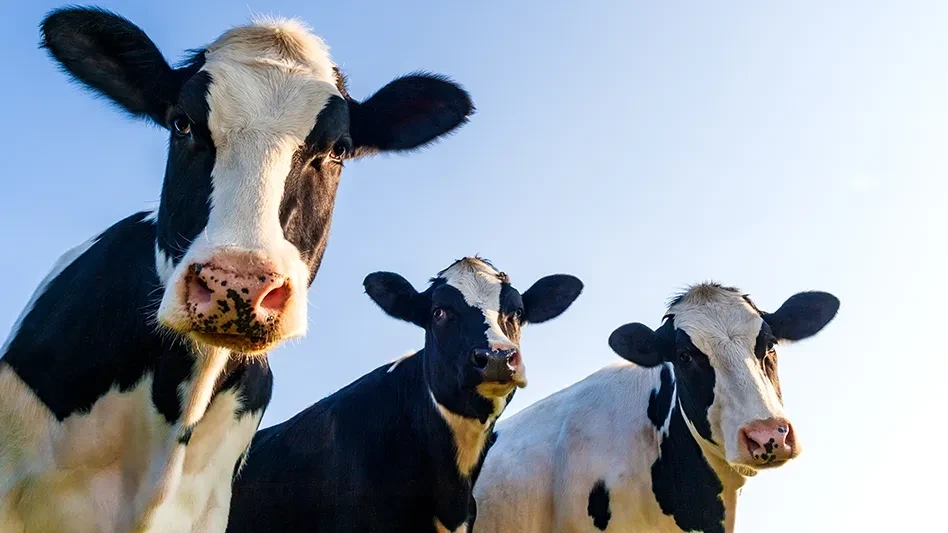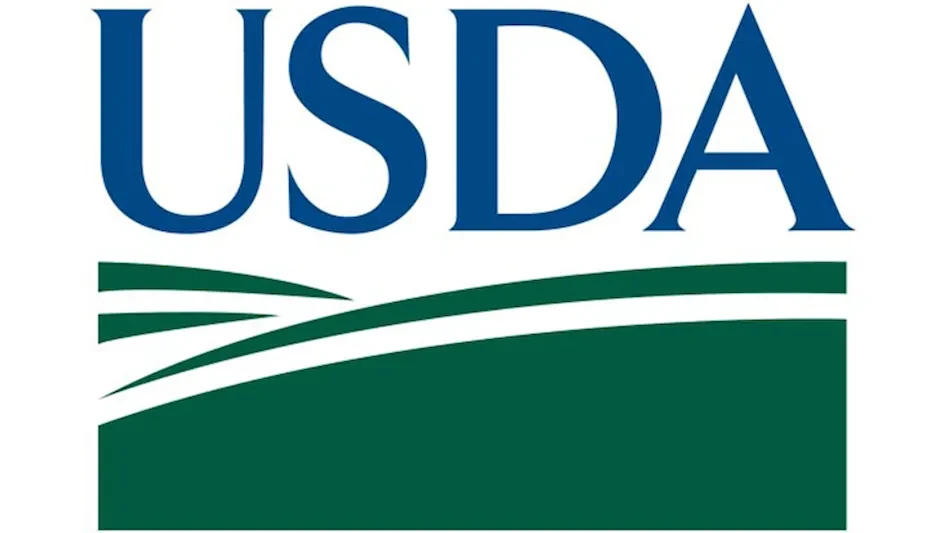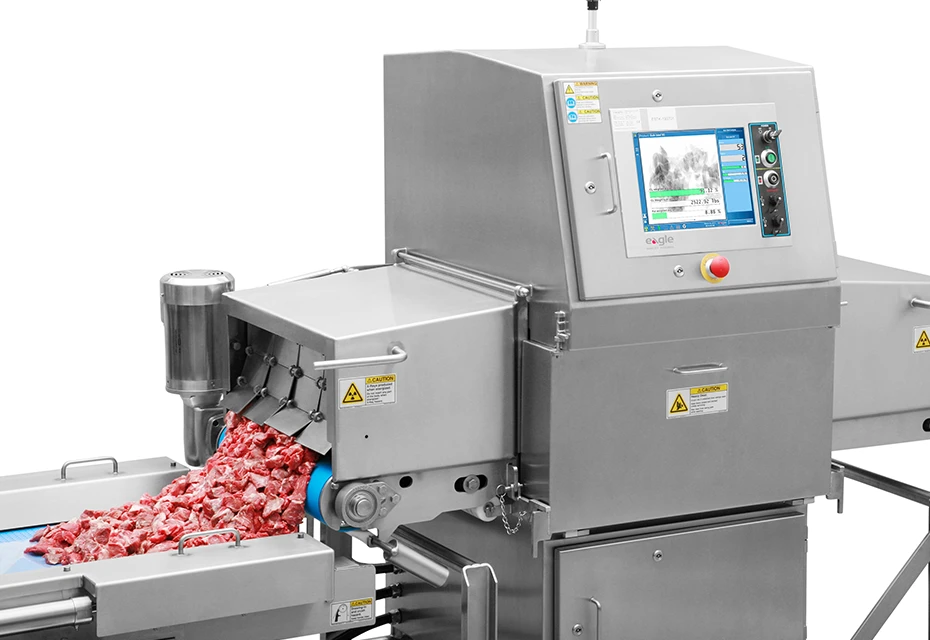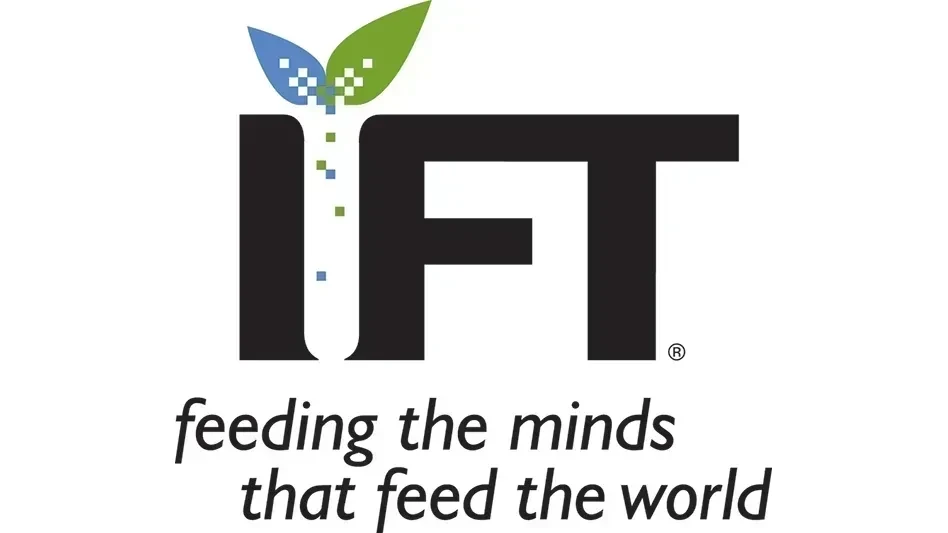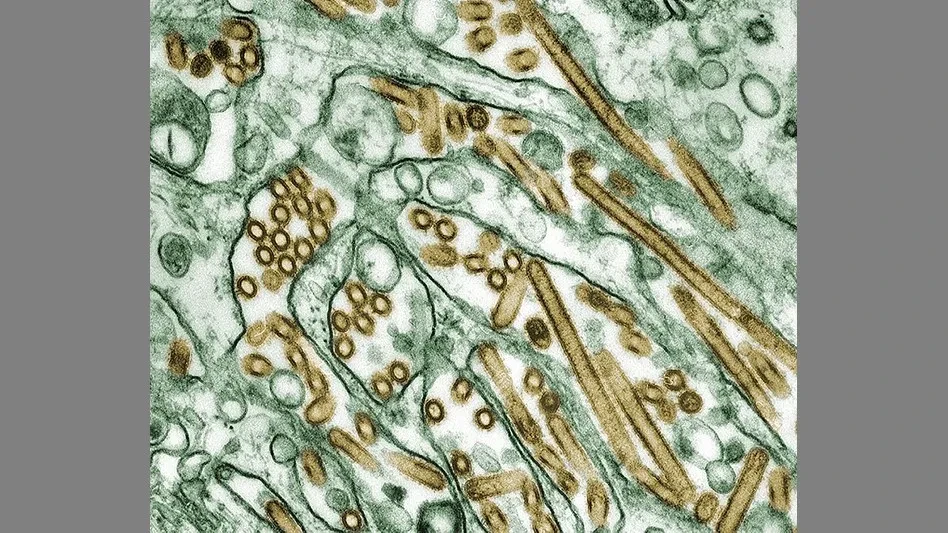
CDC
A human case of highly pathogenic avian influenza (HPAI) virus infection has been identified in the state of Colorado. This is the fourth case associated with an ongoing multistate outbreak of H5N1 in dairy cows and the first in Colorado. Previous cases were reported in Texas (one) and Michigan (two).
As with previous cases, the person is a worker on a dairy farm where cows tested positive for H5N1 virus. The person reported eye symptoms only, received oseltamivir treatment and has recovered. CDC said it has been watching influenza surveillance systems closely, particularly in affected states, and there has been no sign of unusual influenza activity in people, including in syndromic surveillance.
Based on the information available at this time, this infection does not change CDC’s current H5N1 bird flu human health risk assessment for the U.S. general public, which the agency considers to be low. However, this development underscores the importance of recommended precautionsin people with exposure to infected animals, said CDC. People with close or prolonged, unprotected exposures to infected birds or other animals (including livestock), or to environments contaminated by infected birds or other animals, are at greater risk of infection, said the agency.
CASE BACKGROUND. A dairy worker who was being monitored because of their work exposure to H5N1 virus-infected cattle reported symptoms to state health officials. Testing results were inconclusive at the state. Specimens forwarded to CDC for additional testing were positive for influenza A(H5). The state was then notified of the results. The designation of the influenza virus neuraminidase (the N in the subtype) is pending genetic sequencing at CDC. Attempts to sequence the virus in the clinical specimen are underway and will be made available within one to two days if successful. Additional genetic analysis will look for any changes to the virus that could alter the agency’s risk assessment.
CDC ACTIVITIES. This case was detected through the state’s implementation of CDC’s recommended monitoring and testing strategies in exposed persons. In addition to enhanced and targeted surveillance, CDC also has:
- Held numerous calls with state and local health departments to increase preparedness.
- Taken action to improve supplies of personal protective equipment (PPE) for farmworkers.
- Updated interim recommendations for worker protection to include those who work with dairy cows.
- Conducted numerous calls with groups representing farmworkers.
- Begun targeted paid digital outreach in affected counties to reach farmworkers with information about bird flu prevention and what to do if they develop symptoms.
CDC RECOMMENDATIONS. People should avoid close, long or unprotected exposures to sick or dead animals, including wild birds, poultry, other domesticated birds and other wild or domesticated animals (including cows), said CDC.
People should also avoid unprotected exposures to animal poop, bedding (litter), unpasteurized (“raw”) milk or materials that have been touched by, or close to, birds or other animals with suspected or confirmed H5N1 virus, said the agency.
CDC has interim recommendations for prevention, monitoring and public health investigations of H5N1 virus infections in people. CDC also has updated recommendations for worker protection and use of personal protective equipment (PPE). Following these recommendations is central to reducing a person’s risk and containing the overall public health risk, said CDC.
More information about H5N1 is available on the CDC website at https://www.cdc.gov/flu/avianflu/avian-flu-summary.htm.
Latest from Quality Assurance & Food Safety
- IDFA Presents Leadership Award to Six Federal Officials at Annual Celebration of Dairy Reception
- Seeding The Future Global Food System Challenge is Changing Lives: Winners Reflections
- Raw Farm Products Recalled Following Bird Flu Virus Detections
- FDA Issues 2024 Voluntary National Retail Food Regulatory Program Standards
- GSA Launches Assurances Platform, Prism and Webinar Series in Partnership with Wholechain
- Multistate E. coli Outbreak Linked to Iceberg and Romaine Lettuce Blend
- FDA, USDA Seek Information About Food Date Labeling
- William Marler, Food Safety Advocate and Lawyer, Condemns Lack of Safety of U.S. Food Supply
